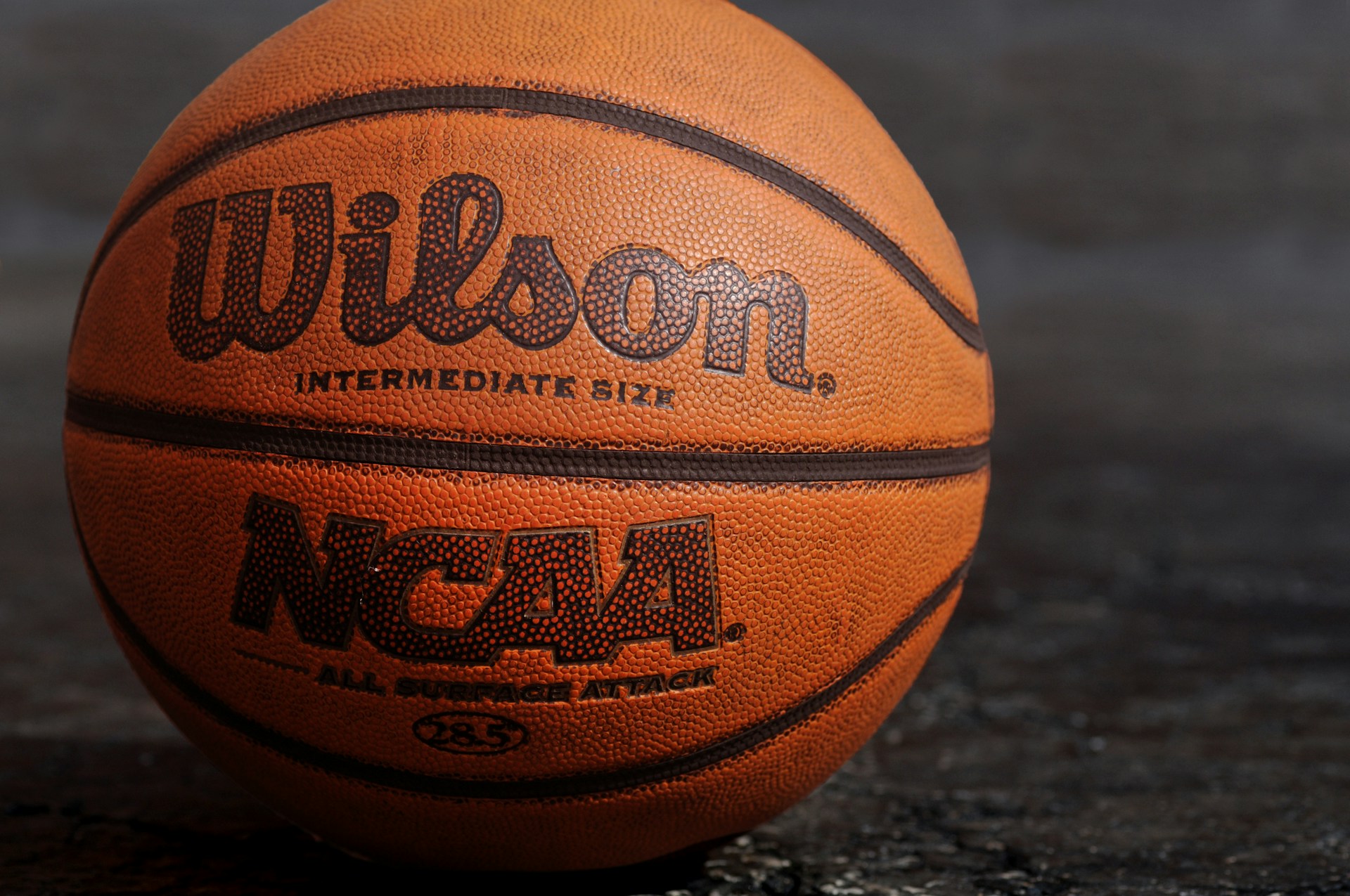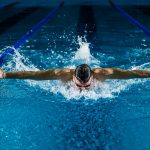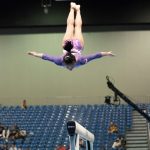Traditional sports science and nutrition guidance have been instrumental in informing how athletes approach their training and recovery. Drawing on a range of reliable resources, including Crossref, PubMed, Google Scholar, and more, this article will explore the key nutritional strategies for UK basketball players to enhance muscle recovery, focusing on aspects such as protein, vitamins, and supplementation.
The Role of Protein in Muscle Recovery
When discussing muscle recovery, it’s impossible to overlook the vital role of protein. Why is that so? Proteins serve as the building blocks for your muscles, facilitating the repair of muscle fibres damaged during high-intensity exercise.
Lire également : How can UK basketball players use advanced tracking technology to monitor their performance?
According to the research available on Google Scholar, consuming high-quality protein after a workout has been shown to promote muscle protein synthesis, which is critical for muscle recovery.
PubMed also echoes these findings, stating that post-exercise protein intake, particularly when combined with resistance exercise, maximises muscle protein synthesis. This is a testament to the critical role protein plays in muscle recovery and the need for basketball players to include adequate protein in their diets.
A découvrir également : Which recovery techniques should UK basketball players use after back-to-back games?
Supplementation: When and Why?
“Supplementation” refers to the process of adding extra nutritional substances to an athlete’s diet to improve their performance or hasten recovery. While real food should always form the basis of any athlete’s diet, supplements can be helpful in specific situations, like when it’s challenging to consume sufficient nutrients from food alone.
A review on Crossref reported that athletes who engage in intense training may benefit from supplementation to meet their heightened nutritional needs. For instance, some basketball players might require additional protein supplements to satisfy their elevated protein needs.
According to PubMed, supplementation with creatine, branched-chain amino acids (BCAAs), and beta-alanine may also be beneficial for athletes. Creatine supplementation can enhance performance in high-intensity, short-duration exercise, while BCAAs and beta-alanine can aid muscle recovery and reduce muscle soreness post-exercise, respectively.
The Power of Vitamins
Vitamins are essential micronutrients that our bodies need to function optimally. However, they often get overlooked in the realm of sports nutrition. For basketball players, certain vitamins play an important role in muscle recovery.
Vitamin C and E, for instance, can help combat the oxidative stress that intense exercise imposes on athletes’ bodies. Vitamin C contributes to collagen formation, which is crucial for maintaining the health of muscles and connective tissues. Vitamin E, on the other hand, has antioxidative properties that can protect muscle cells from damage.
According to a study retrieved from Google Scholar, Vitamin D can also play a significant role in muscle function and recovery. It aids in the absorption of calcium, promoting bone health, and may also influence muscle strength and performance.
The Influence of high-intensity Training on Dietary Requirements
Basketball is a high-intensity sport that places considerable stress on the body. As such, players must adapt their nutritional intake to meet the demands of their training and aid recovery.
A study on PubMed highlights that high-intensity training increases the body’s need for carbohydrates, as they’re the primary fuel source for such exercise. Consuming sufficient carbohydrates post-exercise replenishes glycogen stores, aiding in faster recovery.
According to Crossref, high-intensity training also increases protein needs, as stated earlier. This is because intense exercise causes muscle protein breakdown, which can exceed muscle protein synthesis if adequate protein is not consumed.
Creating a Recovery-focused Nutrition Strategy
Implementing a recovery-focused nutrition strategy involves more than just consuming adequate protein and carbohydrates. It also includes staying hydrated, timing nutrient intake optimally, and ensuring the consumption of a balanced diet rich in a variety of nutrients.
Research from Google Scholar suggests that athletes should consume a meal rich in protein and carbohydrates within two hours post-exercise to maximise muscle recovery. Consuming protein before sleep can also provide the body with a steady supply of amino acids for overnight muscle protein synthesis.
Lastly, hydration plays a crucial role in recovery. Fluid losses during training can lead to dehydration, which can impair recovery and subsequent performance. Therefore, basketball players should monitor their hydration status and consume fluids before, during, and after training to support optimal recovery.
The Importance of Energy Intake and Availability
The concept of energy intake and availability is crucial to understand when considering muscle recovery for basketball players. Energy intake refers to the number of calories consumed by an athlete, while energy availability refers to the energy that remains after exercise for the body’s vital functions.
Research found on Google Scholar highlights that low energy availability can impair the process of muscle recovery and adaptation. If an athlete’s energy intake is insufficient, the body may break down muscle mass to meet energy needs, counteracting the process of muscle repair and growth.
A systematic review on Crossref also supports this notion, suggesting that low energy availability can increase the risk of muscle injury and impair performance. Therefore, adequate energy intake is crucial for basketball players, not just to fuel performance but also to facilitate muscle recovery.
For effective recovery, athletes should ensure their energy intake matches their expenditure. This involves consuming a diet high in quality carbohydrates to replenish energy stores and high in protein to repair and build muscle.
The Role of Sleep in Muscle Recovery
Sleep is an often overlooked but vital aspect of muscle recovery. During sleep, the body produces growth hormone, a critical component in the repair and growth of muscle tissue.
A study on PubMed shows a clear link between sleep deprivation and a decrease in performance and recovery in athletes. It suggests that inadequate sleep can increase muscle damage, reduce muscle mass, and impair the body’s ability to recover from intense training.
Furthermore, a study found on Crossref reveals that consuming protein before sleep can improve overnight muscle protein synthesis. By doing so, basketball players can further enhance their recovery, as the body can utilise these nutrients for repair during sleep.
In conclusion, muscle recovery is a multifaceted process that requires strategic nutritional input. UK basketball players should ensure a sufficient intake of high-quality protein and carbohydrates to maximise muscle protein synthesis and restore energy availability. Supplementation like creatine and BCAAs can further enhance recovery, while vitamins C, E, and D can help protect against muscle damage.
In addition to nutritional strategies, basketball players should also consider the importance of adequate sleep in muscle recovery. Ensuring sufficient and quality sleep, possibly complemented by pre-sleep protein intake, can further optimise muscle recovery.
While further research is needed in this area, especially in the context of high-intensity sports like basketball, the strategies outlined in this article provide a robust foundation. By implementing these strategies, basketball players can enhance their muscle recovery, minimise the risk of injury, and ultimately, augment their performance on the court.











